Report on Train the Trainers’ Final Workshop
February 15th, IIT Automation Lab, Lagos, Nigeria
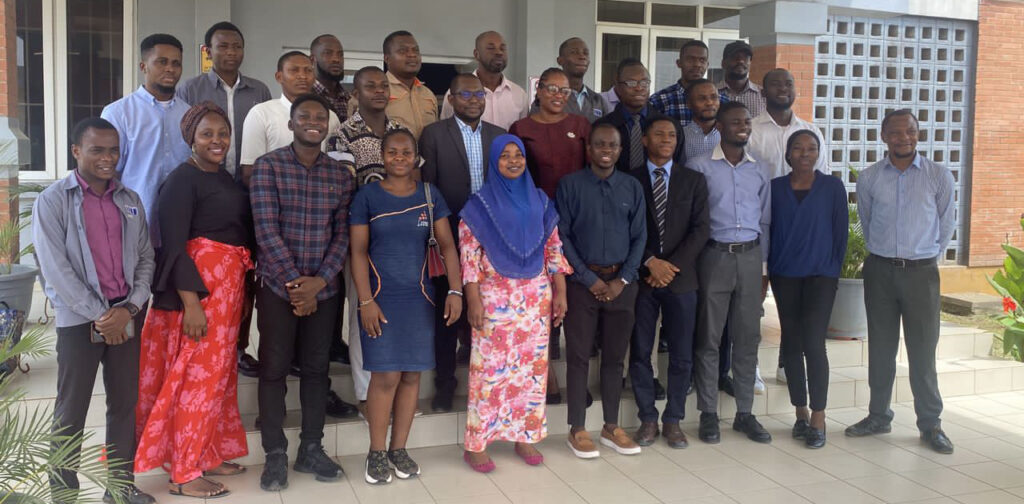
On the 15th of February, 2024, the GreenVETAfrica validation workshop convened at the IIT Automation Lab in Lagos, Nigeria, marking a significant milestone in the ongoing efforts to enhance vocational education and training across the continent. This gathering served as a pivotal moment to assess the outcomes of the Train the Trainers program, which had been diligently executed earlier in the year. This workshop’s primary aim was to evaluate the program’s effectiveness through a multifaceted approach thoroughly.
In pursuit of this objective, the workshop employed a comprehensive methodology that incorporated both qualitative feedback and practical demonstrations from participating trainers. Firstly, an extensive array of qualitative data was collected, soliciting insights from trainers regarding their experiences with the program. This included reflections on its effectiveness, identification of challenges encountered, and constructive suggestions for refinement and improvement. By fostering open dialogue and candid exchanges, this approach facilitated a nuanced understanding of the program’s strengths and areas for enhancement.
Moreover, the workshop provided a platform for trainers to showcase the knowledge and methodologies they had acquired through the training program. This interactive component not only highlighted the tangible outcomes of the program but also fostered peer learning and collaboration among participants. Through live demonstrations and presentations, trainers had the opportunity to exhibit their newfound skills and innovative teaching approaches, thereby enriching the collective learning experience.
In essence, the GreenVETAfrica validation workshop served as a forum for reflection, evaluation, and celebration of progress in advancing vocational education and training. By harnessing diverse perspectives and fostering a spirit of continuous improvement, it laid the groundwork for furthering the objectives of the Train the Trainers program and ultimately enhancing the quality of vocational education provision across Africa. As we delve into the proceedings and outcomes of this workshop, we embark on a journey of exploration and discovery, guided by a shared commitment to excellence in education and skills development.
Feedback Collection
Central to the workshop’s objectives was the solicitation of feedback from participating trainers regarding their experiences with the Train the Trainers program. To facilitate a comprehensive feedback collection process, a series of targeted questions were presented to the trainers, covering various facets of their engagement with the program. These questions aimed to elicit insights into trainers’ overall satisfaction, key takeaways, application of acquired knowledge, readiness to impart training to their students, perceptions of the training materials, and recommendations for improvement.
- Overall Satisfaction and Impressions: Trainers were asked to provide their overall satisfaction levels and general impressions of the training they received, offering an opportunity to gauge the program’s impact and effectiveness from their perspectives.
- Appreciated Aspects: Trainers were prompted to identify aspects of the training they appreciated the most, providing valuable insights into the elements that resonated with them and contributed to their learning experience.
- Key Knowledge Gained: Participants were asked to highlight the most important knowledge they acquired during the training and articulate how they intended to apply this knowledge in their interactions with students.
- Application of Knowledge: Trainers were invited to share instances where they had already applied the knowledge gained from the training in either their professional practice or personal life, illustrating the real-world relevance and applicability of the program.
- Readiness to Teach: Participants were questioned about their readiness to deliver training to their students on specific topics covered in the program, enabling an assessment of their confidence levels and identifying any areas where further support or development might be required.
- Likes and Dislikes: Trainers were encouraged to provide honest feedback about aspects of the training they liked and disliked, fostering open communication and constructive critique aimed at enhancing future iterations of the program.
- Recommendations for Improvement: Participants were invited to offer recommendations for improving the training, thereby informing future enhancements and optimizations to better meet the needs of trainers and students alike.
- Facilitator Appreciation and Suggestions: Trainers were prompted to reflect on their interactions with facilitators, expressing appreciation for effective facilitation techniques while also suggesting areas for potential improvement to enhance the overall learning experience.
- Training Materials Evaluation: Feedback was sought on the usefulness of training materials in facilitating the learning process, with trainers encouraged to propose any changes or enhancements to optimize their effectiveness.
- Additional Comments: Finally, trainers were allowed to share any additional feedback or comments about their overall experience in the Train the Trainers course, ensuring that all perspectives and insights were duly considered.
By gathering feedback across these diverse dimensions, the workshop aimed to comprehensively assess the program’s efficacy, identify areas of strength and improvement, and ultimately enhance its value proposition for trainers and their students.
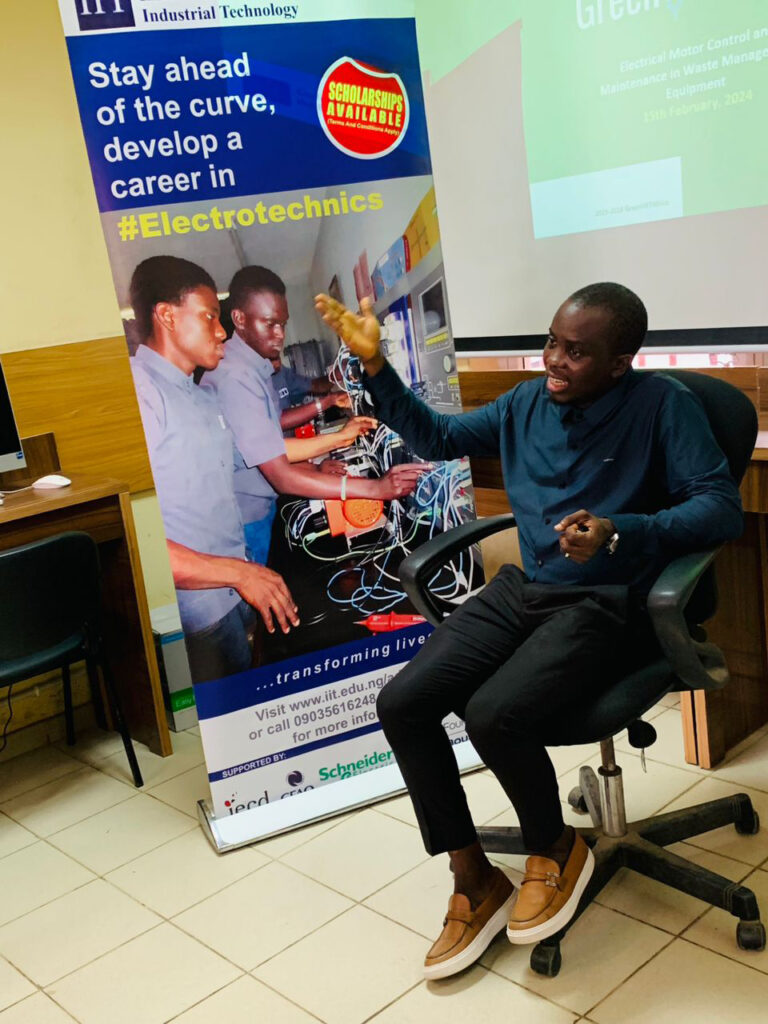
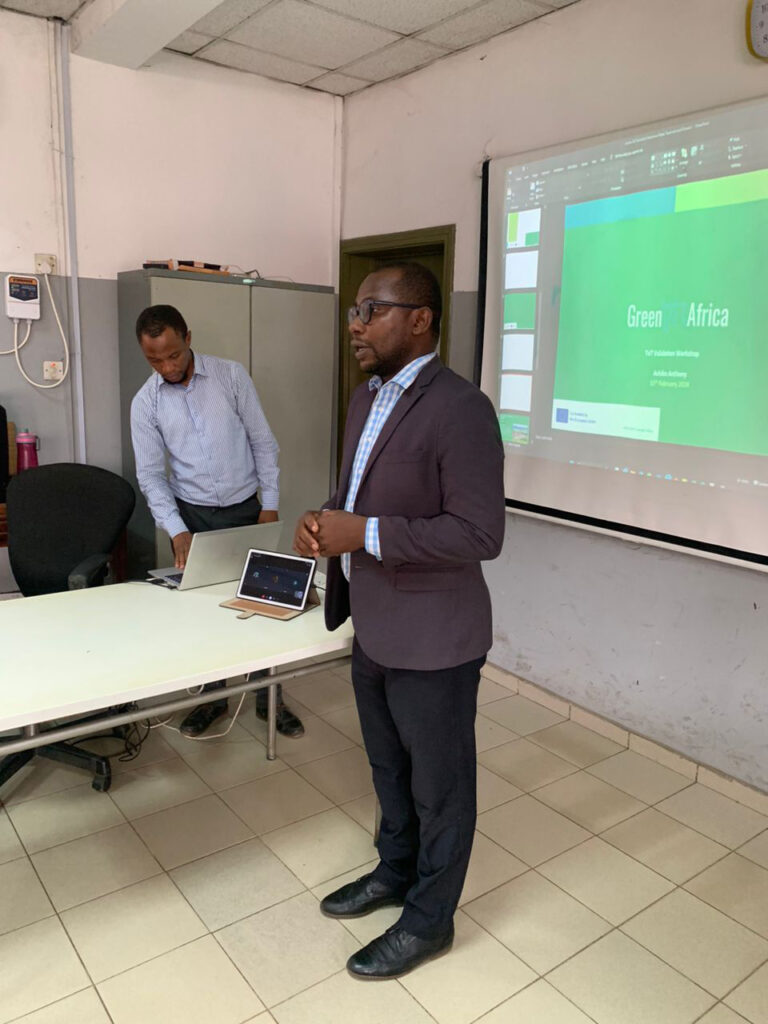
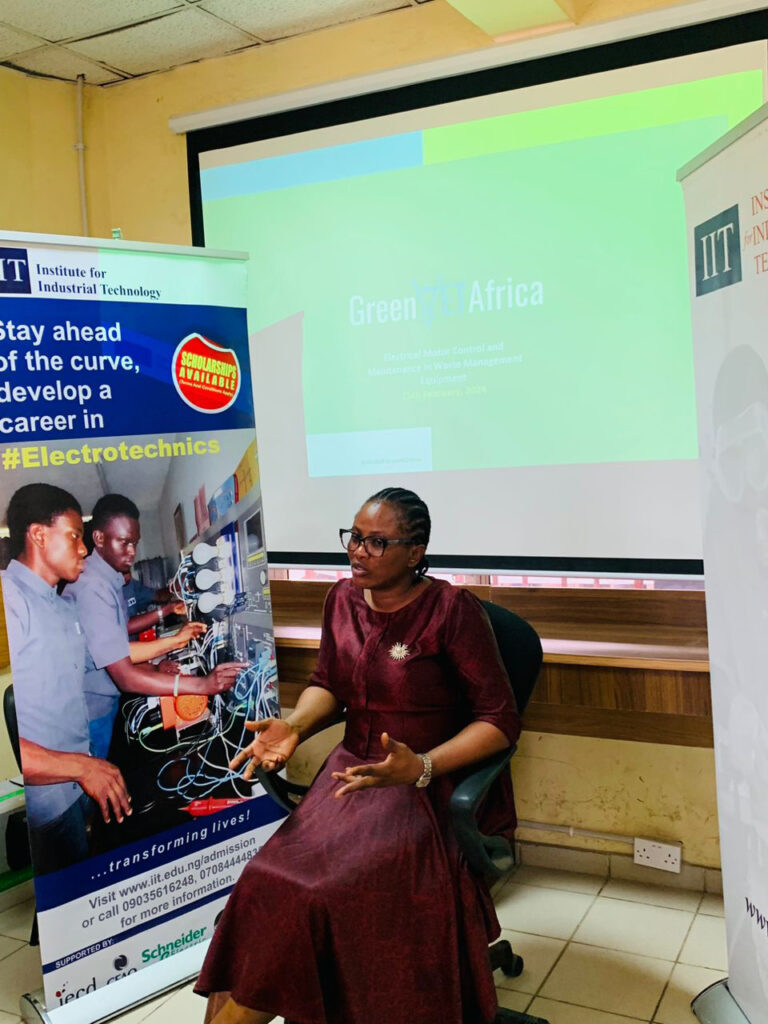
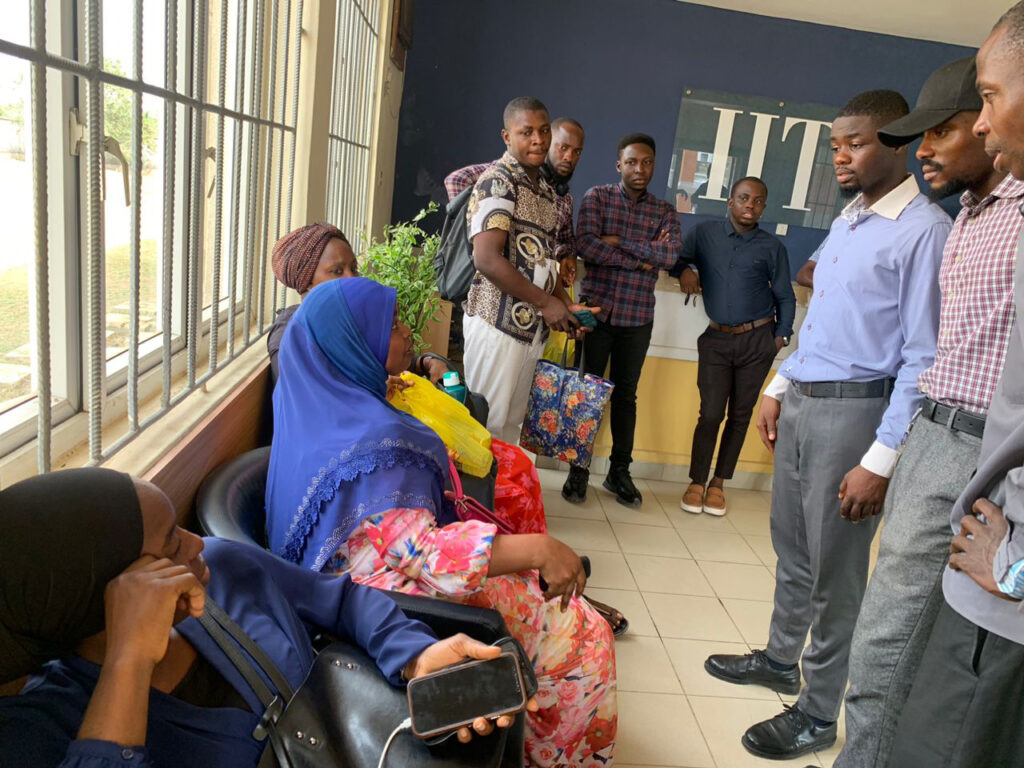
Facilitation Assessment
As the culminating segment of the workshop, trainers were allowed to showcase the skills and knowledge acquired throughout the program. This demonstration served as a platform for evaluating their proficiency across various dimensions crucial to effective training delivery. The assessment criteria encompassed the following key areas, each assigned a point value indicative of the effectiveness demonstrated by the trainers:
- Relevance to Chosen Micro Topic: Trainers were evaluated on the degree to which their presentation aligned with the chosen micro topic, assessing the appropriateness and applicability of the content to the specified subject matter.
- Depth of Understanding and Analysis: This criterion gauged the trainers’ depth of comprehension and analytical insight into the subject matter, measuring their ability to delve beyond surface-level knowledge and offer nuanced perspectives.
- Clear Structure and Flow: The clarity and coherence of the presentation’s structure and flow were assessed, considering the logical progression of ideas and transitions between key points.
- Coherent Explanation of Concepts: Trainers were evaluated on their ability to articulate concepts in a clear, concise, and coherent manner, ensuring that complex ideas were effectively communicated and understood by the audience.
- Ability to Engage Audience: This criterion assessed the trainers’ effectiveness in captivating and maintaining audience interest, evaluating their communication style, delivery techniques, and overall engagement strategies.
- Encouragement of Interaction: Trainers were evaluated on their proactive efforts to encourage audience participation and interaction, fostering a dynamic and collaborative learning environment.
- Effective Use of Visual Aids: The utilization of visual aids, such as slides, diagrams, or props, was assessed in terms of their effectiveness in enhancing comprehension and reinforcing key concepts.
- Integration of Technology: Trainers employing technological tools or platforms were evaluated on their proficiency in seamlessly integrating technology into their presentation, enhancing the learning experience without detracting from the content delivery.
- Overall Impact and Impression: This criterion provided an overarching assessment of the presentation’s overall impact and impression on the audience, considering factors such as engagement, clarity, and relevance.
- Ability to Convey Key Messages: Trainers were assessed on their effectiveness in conveying key messages and takeaways, ensuring that the central themes of the presentation were effectively communicated and retained by the audience.
By systematically evaluating trainers across these critical dimensions, the assessment aimed to provide a comprehensive appraisal of their proficiency in training delivery and highlight areas for further development. Moreover, it served as a valuable learning opportunity, enabling trainers to receive constructive feedback and refine their skills for future engagements.
Conclusion
The workshop clearly demonstrates the tangible outcomes resulting from the collective efforts invested in the Training the Trainer program. Facilitators have been significantly better equipped with essential skills and technologies, enabling them to make a more profound impact on their students. The invaluable insights obtained from feedback collection and facilitation assessments will serve as crucial benchmarks for refining and optimizing future iterations of the program. This iterative process ensures that the program remains relevant and effective, continuously empowering trainers and enhancing learning outcomes for students.


